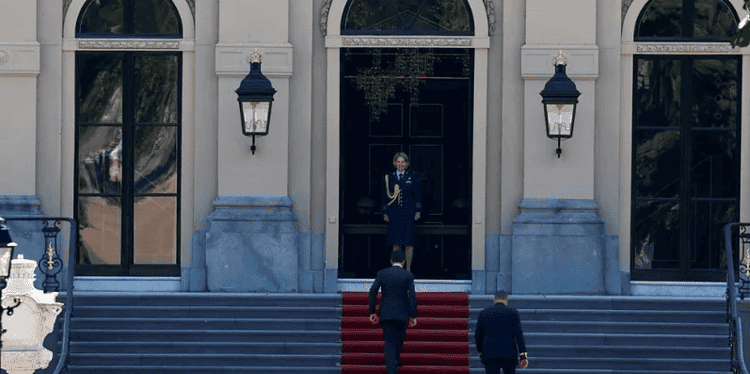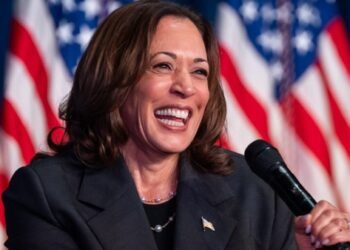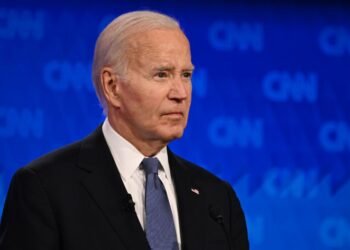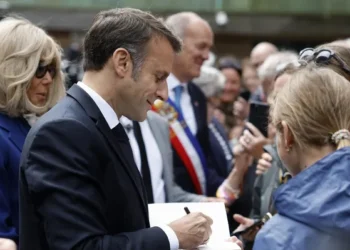According to Prime Minister Mark Rutte, the Dutch government has fallen due to a disagreement between coalition parties over asylum policies.
Friday’s crisis negotiations led by Mr. Rutte failed to produce an agreement between the four parties.
The government was formed a year and a half ago, but the parties have long held opposing views on immigration.
Mr. Rutte met with King Willem-Alexander in The Hague to discuss the formation of an interim government.
After approximately an hour and a half, he left, telling reporters, “It was a good discussion, but I cannot say more because these discussions are confidential.”
Local media reported that new elections would likely be conducted around the middle of November.
The conservative VVD party of Mr. Rutte had been attempting to limit the influx of asylum seekers following a dispute over congested migration centres last year. The junior coalition partners opposed his proposals.
He verified the collapse of the government during a Friday evening news conference.
However, the prime minister added that ministers would continue working as an interim cabinet until the new elections.
Last year, the number of asylum applications in the Netherlands increased by more than a third to more than 47,000, and government figures released earlier this year projected roughly 70,000 applications in 2023.
This week, Mr. Rutte attempted to impose a plan that would limit the number of relatives of conflict refugees permitted into the Netherlands to 200 per month.
But subordinate coalition partners the pro-family Christian Union and the socially liberal D66 were vehemently opposed.
Mr. Rutte told reporters as he announced the resignation of his cabinet, “The decision was very difficult for us.” He added that the coalition partners had “irreconcilable” differences of opinion.
All parties exerted tremendous effort to find a solution, but the differences on migration are sadly insurmountable.
The government could not be saved by a compromise proposal known as the “emergency brake,” which would only activate restrictions in the event of an excessive influx of migrants.
Tim Kuijsten, spokesman for the Christian Union, stated, “The four parties have decided that they cannot reach a migration agreement.” “Therefore, they decided to end this government.”
Since 2010, Mr. Rutte, age 56, has been the country’s longest-serving prime minister. The current coalition, which assumed office in January 2022, is his fourth.
The rise of far-right parties like Geert Wilders’ PVV has put him under pressure on the issue of immigration.
The Farmer-Citizen Movement (BBB), which became the largest party in the upper chamber of parliament following a surprise March election victory, has stated that it will not participate in any future government led by Mr. Rutte.














































